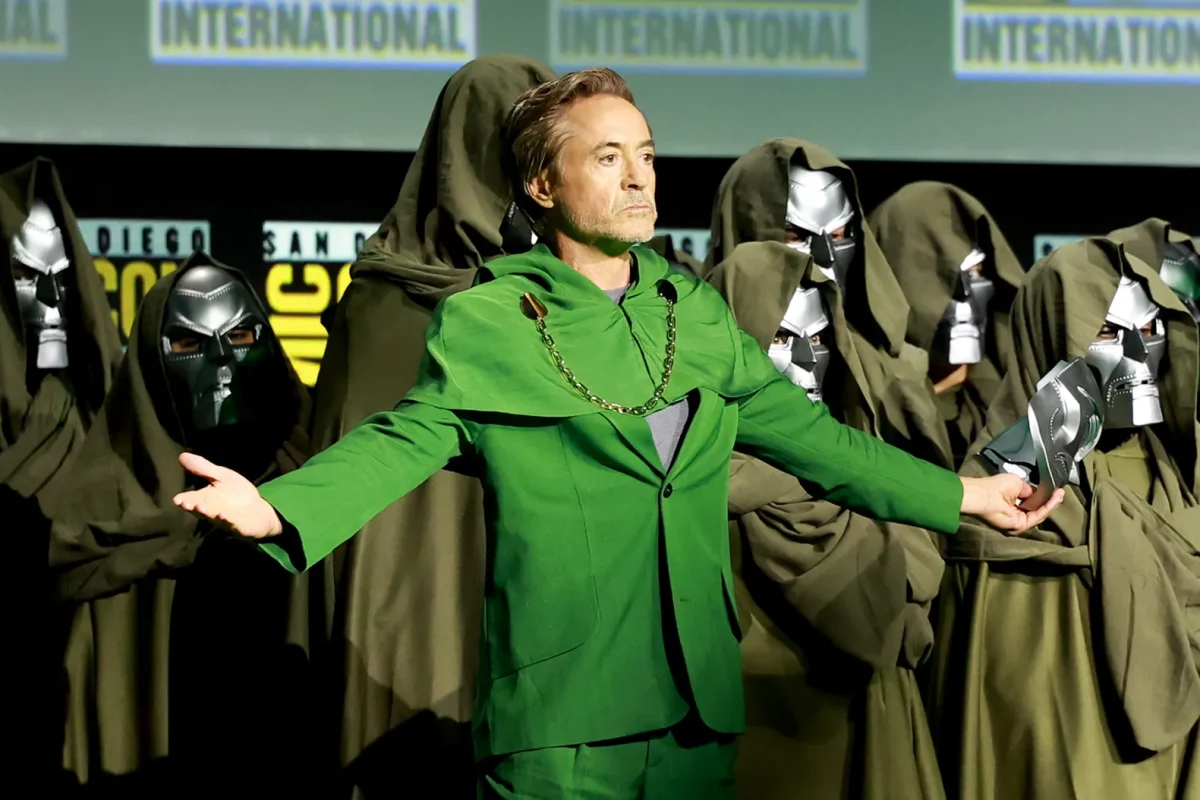Law enforcement officers carry an incredible amount of authority, but with that power comes the need for responsibility and accountability.
An official Police Academy credo enlists officers “to protect and to serve,” but with a recent plethora of police brutality cases flooding the media, it’s no wonder people are starting to question the value of civil service and protection.
When two lengthy trials resulted in officers being not charged for the unnecessary deaths of Michael Brown and Eric Gardner last year, thousands upon thousands of people across the country took to the streets in their respective communities to protest what looked like the breakdown of our nation’s justice system.
But how many marches calling for accountability need to occur before the abusers of authority will start to face the consequences of their ill decisions?
Last Friday, it was announced that four San Francisco police officers involved in the shooting death of Alejandro Nieto will not face charges after it was determined they were acting “lawfully in self-defense and in the defense of others when they discharged their weapons,” according to District Attorney George Gascón.
A police officer in Alabama was arrested on assault charges last week after he slammed a 57-year-old Indian man to the ground, snapping his neck and leaving him partially paralyzed. The man, who was visiting his son, spoke no English and when asked where he lived, pointed down the street and attempted to walk in that direction, but the officer responded with force and the damage was done.
Last month, San Francisco police arrested public defender Jami Tillotson outside of the court when she asked officers to refrain from accosting her client without counsel, an offense forbidden by law once the accused has sought legal advice.
Yes, law enforcement agents often have to make quick decisions in order to protect the citizens they have committed to protect, but the risk of human error is far too precarious in many situations and the evidence is overwhelming.
With the aid of social media, recorded instances of police brutality are spreading like wildfire across the Internet, but nothing seems to be happening to curtail the impression that these officers think they are above the law.
Unfortunately, forcing cops to face the consequences of their actions isn’t always an easy process.
As we have witnessed in recent legal battles, prosecuting attorneys often struggle with competing in court against the same civil servants they see daily in the workplace, and prosecution is rarely effective anyway in situations where any justification of police acting with “necessary” force can be introduced into the case.
More often than not, police in question of misconduct are protected under the principle of “qualified immunity,” which effectively means they are shielded from accountability if it can be proved in any way that their actions were legal and justified. This is why most prosecuting firms and attorneys will not accept cases involving police misconduct.
This fear of challenging authority only fuels the notion that cops genuinely are unpunishable, and that needs to change if justice is ever going to prevail for all citizens.
If an officer who has promised to protect and to serve is abusing the civil rights of another human being, they should be accountable to a jury’s decision to prosecute them to the full extent of the law.








Kathie Yount • Feb 24, 2015 at 11:54 am
Even though it is difficult to hold the police accountable, we should never stop trying. I am in my third attempt to secure a jury trial for the suicide baiting death of my son in Hallidie Plaza, San Francisco, on Mardi Gras Tuesday 2010. Twenty-four San Francisco police officers refused to enforce CA Penal Code 401 and stood laughing until my son jumped to his death inside the “jump zone” they had outlined for him with their yellow plastic police tape. The federal court judge said that the SFPD had no duty to “serve or protect.” The superior court judge said the SFPD had no duty “to enforce law” or make arrests. What do we pay them for? To gun down people like Alex Nieto? The past “playbook” of SFPD violence against the mentally ill and disabled is shameful. What is even perhaps more shameful is that the city government of San Francisco finds such misconduct — DEFENSIBLE.